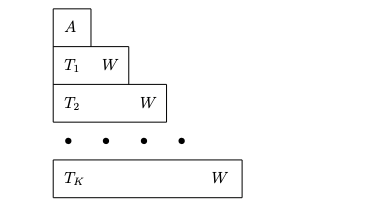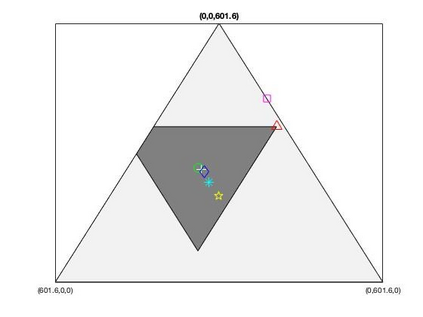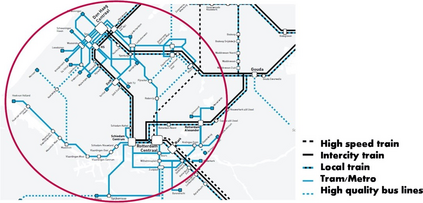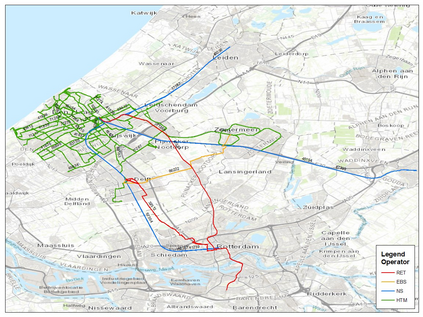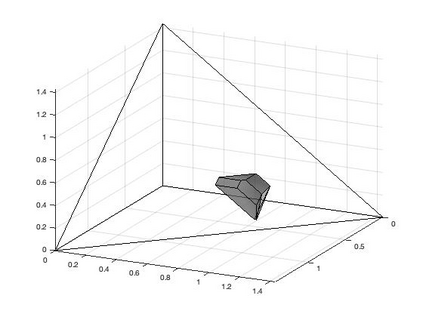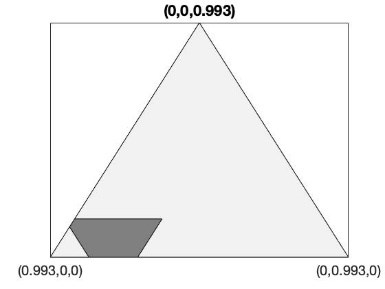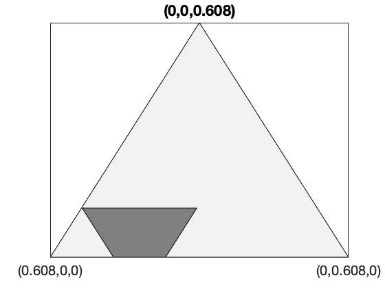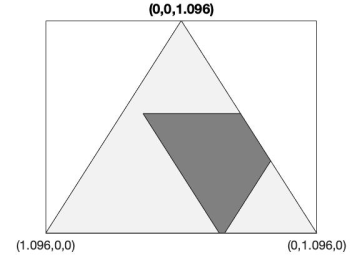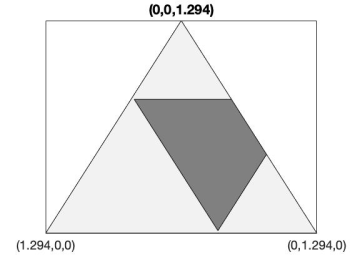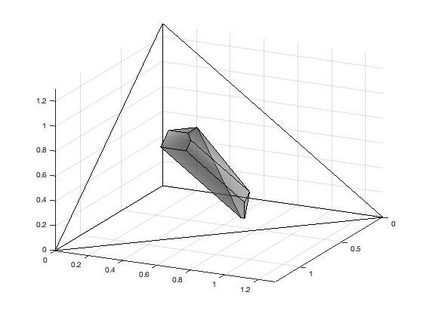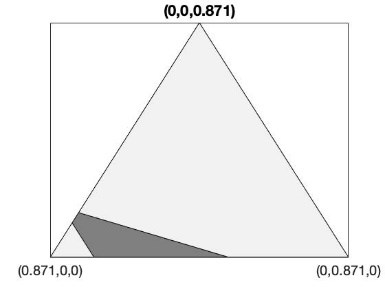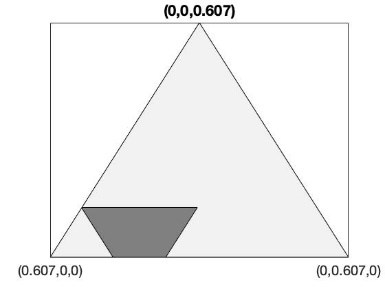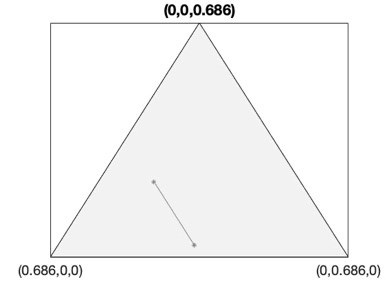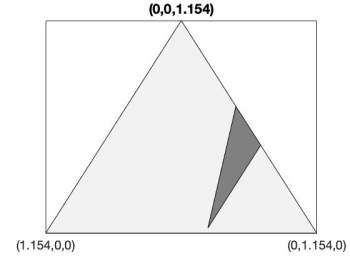We propose a new mechanism to design risk-pooling contracts between operators to facilitate horizontal cooperation to mitigate those costs and improve service resilience during disruptions. We formulate a novel two-stage stochastic multicommodity flow model to determine the cost savings of a coalition under different disruption scenarios and solve it using L-shaped method along with sample average approximation. Computational tests of the L-shaped method against deterministic equivalent method with sample average approximation are conducted for network instances with up to 64 nodes, 13 OD pairs, and 8192 scenarios, the largest tests of its kind in the recent stochastic multicommodity flow optimization literature. The results demonstrate that the solution algorithm only becomes computationally effective for larger size instances and that SAA with 500 sample size can maintain a close approximation. The proposed model is applied to a regional multimodal network in the Randstad area of the Netherlands, for four operators, 80 origin-destination pairs, and over 1400 links where disruption data is available. Using the proposed method, we identify stable cost allocations among four operating agencies that could yield a 44% improvement in overall network performance over not having any risk-pooling contract in place. Furthermore, the model allows policymakers to evaluate the sensitivity of any one operator's bargaining power to different network structures and disruption scenario distributions, as we illustrate for the HTM operator in Randstad.
翻译:我们提出了一个新的机制,用于设计运营商之间的风险分担合同,以促进横向合作,降低这些费用,提高中断期间的服务复原力。我们制定了一个新的两阶段多商品流动模式,确定不同干扰情景下联合体的成本节约,并使用L形方法以及样本平均近似来解决这个问题。对有64个节点、13对OD和8192个假想的网络进行L形方法与确定等同方法以及样本平均近似的对比测试,这些网络有多达64个节点、13对OD和8192个假想,这是最近多通气多通气流优化文献中同类的最大测试。结果显示,解决方案的算法仅对较大规模的情况具有计算效力,500个样本规模的SAA可以保持近似。拟议模型适用于荷兰兰德斯塔德地区的区域多式联运网络,对80对原产地/目的地对等方法进行了计算测试,对有中断数据的1400多个链接。使用拟议方法,我们确定了四个运营机构之间的稳定成本分配安排,这四个运营机构的总体网络运行率只有44%的改进率,而没有任何风险集价的运营商的网络分销安排安排也允许在不同的风险评估中进行。













